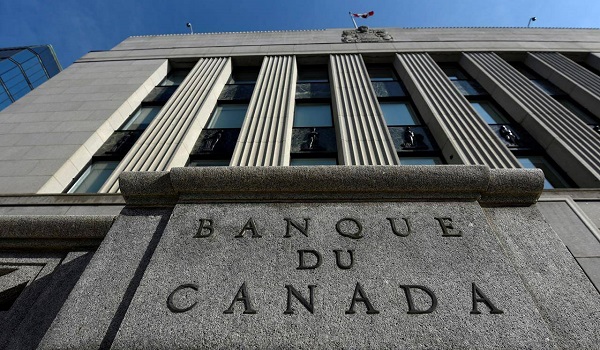Streaming giants say consumers may face higher prices as a result of their $200-milion contribution to Canadian film, TV and music
Foreign streaming giants are warning that consumers could end up paying higher prices after the platforms were ordered to pay about $200-million a year to support Canadian music, TV, film and radio.
The Canadian Radio-television and Telecommunications Commission (CRTC), the independent regulator implementing the Online Streaming Act, announced Tuesday that platforms such as Netflix NFLX-Q, Spotify SPOT-N and Amazon Prime will have to contribute 5 per cent of their annual Canadian revenues to support broadcasting in this country.
Foreign streaming platforms that are not affiliated with a Canadian broadcaster and make at least $25-million or more of Canadian broadcasting revenue a year will have to pay out, under a regime that follows the passing of Bill C-11 last year.
They will have to contribute to a variety of funds, including those supporting the creation of Indigenous content, French-language productions, and work by Black filmmakers and other Canadians from diverse backgrounds.
A slice of the cash will go to the Canadian Starmaker Fund that helps support the careers of emerging Canadian recording artists who have been signed by a major Canadian label and have already sold records.
The announcement was widely welcomed by Canada’s film, TV and music industry. But some streaming giants warned that the extra costs could lead to a price rise for Canadians. Graham Davies, president and chief executive of the Digital Media Association which represents Amazon Music, Apple Music and Spotify, said they were “deeply concerned with today’s decision to impose a discriminatory tax on music streaming services that are already making significant contributions to Canadian artists and culture.”
“As Canada’s affordability crisis remains a significant challenge, the government needs to avoid adding to this burden. This is especially true for younger Canadians who are the predominant users of audio streaming services,” he said.
Foreign streaming platforms will now have a duty, alongside traditional broadcasters, to actively promote Canadian TV, film and music and contribute financially to their production.
“Today’s decision will help ensure that online streaming services make meaningful contributions to Canadian and Indigenous content,” said Vicky Eatrides, chairperson and CEO of the CRTC.
Amazon Prime Video, which streams movies and series, said in a statement the CRTC decision imposed an “onerous and inflexible financial levy.” It said it was disappointed and “concerned by the negative impact it will have on Canadian consumers.”
Speaking to reporters, Heritage Minister Pascale St-Onge said streaming platforms would ultimately benefit from the extra investment in Canadian content.
“This is money that will go back into Canadian creation, whether it’s music, whether it’s a television series or movies − that will most likely go back on their platforms,” she said.
Marla Boltman, executive director of Friends of Canadian Media, said “for more than a decade, foreign online streamers have contributed nothing to the systems and structures that support Canadian news and storytelling. Today’s CRTC decision marks the end of their free ride.”
But the Motion Picture Association – Canada, which represents Disney, Netflix, Paramount, Sony, NBCUniversal and Warner Bros. Discovery, said foreign studios and streaming services spend more than $6.7-billion annually on productions in Canada and it is disappointed this was not included in the CRTC’s equation.
“Today’s discriminatory decision will make it harder for global streamers to collaborate directly with Canadian creatives and invest in world-class storytelling made in Canada for audiences here around the world,” association president Wendy Noss said.
Two per cent of the projected $200-million annual funding will support Canadian film and TV through the Canada Media Fund, or through direct funding for Canadian content.
Another 0.5 per cent will go to the Black Screen Office Fund, the Canadian Independent Screen Fund for BPOC (Black People and People of Colour) creators or the Broadcasting Accessibility Fund. The Indigenous Screen Office of Canada, which supports the telling of Indigenous-led stories across film, television and digital media, will receive 0.5 per cent of the money.
The Indigenous Music Office, a new fund supporting Indigenous music, will receive 0.15 per cent of the funding by December.
Streaming giants may have to top up this “base funding” as the CRTC’s regulatory timetable progresses into next year. CRTC consultations are set to continue into 2026, after the next election.
Michael Geist, the University of Ottawa’s Canada Research Chair in internet law, said the CRTC decision was “a perfect illustration of a sector that is too often focused on regulatory payments rather than market-based success.”
“Bill C-11 was about ‘making web giants pay’ and that is what the CRTC is determined to do even if consumers will ultimately get the bill,” he said.
This article was first reported by The Globe and Mail












